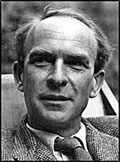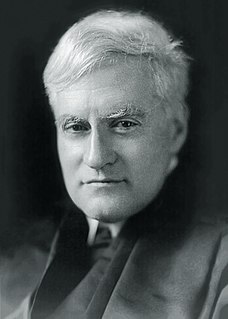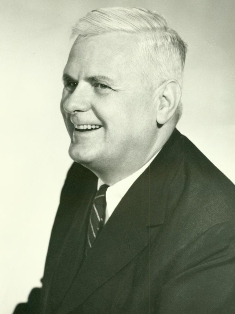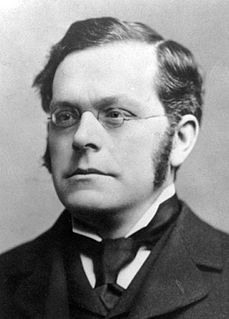A Quote by P. F. Strawson
Neither Aristotelian nor Russellian rules give the exact logic of any expression of ordinary language; for ordinary language has no exact logic.
Related Quotes
Certain issues in philosophy of science (having to do with observation and the definition of a theory's empirical import) had beenmisconstrued as issues in philosophy of logic and of language. With respect to modality, I hold the exact opposite: important philosophical problems concerning language have been misconstrued as relating to the content of science and the nature of the world. This is not at all new, but is the traditional nominalist line.
When a scientist considers all high-tech mental machinery needed to arrange words into ordinary sentences, prescriptive rules are, at best, inconsequential little decorations. The very fact that they have to be drilled shows that they are alien to the natural workings of the language system. One can choose to obsess over prescriptive rules, but they have no more to do with language than the criteria for judging cats at a cat show have to do with mammalian biology.
The principles of logic and mathematics are true simply because we never allow them to be anything else. And the reason for this is that we cannot abandon them without contradicting ourselves, without sinning against the rules which govern the use of language, and so making our utterances self-stultifying. In other words, the truths of logic and mathematics are analytic propositions or tautologies.







































